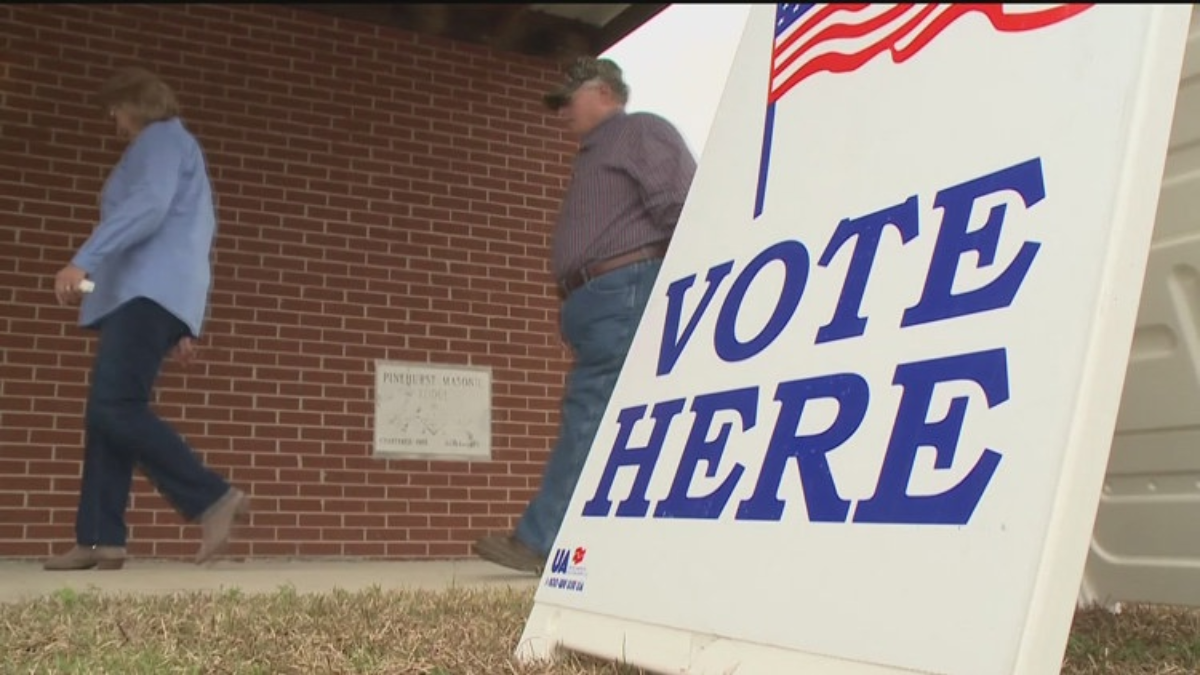Cobb County, Georgia, is making headlines with a new policy that will impose costs on individuals who challenge voter eligibility. This decision, aimed at curbing frivolous challenges, has sparked significant debate among residents, election officials, and voting rights advocates.
The new policy, set to be implemented in the coming months, introduces financial penalties for those who file voter eligibility challenges without sufficient cause. In recent years, the county has faced a growing number of challenges, many of which were ultimately dismissed as baseless. These challenges, often rooted in political strategy rather than genuine concerns about voter fraud, have placed a heavy burden on local election officials, leading to delays and increased costs during elections.
The core objective of the policy is to streamline the voting process by ensuring that only well-founded challenges are brought forward. By requiring challengers to bear the costs if their claims are deemed frivolous, Cobb County hopes to deter individuals from using the system to intimidate or obstruct legitimate voters. This approach aligns with broader efforts across the country to protect the integrity of elections while minimizing unnecessary disruptions.
Supporters of the policy argue that it is a necessary step to prevent the misuse of voter eligibility challenges. In the past, these challenges have been used as a tactic to target specific voter groups, often leading to unnecessary legal battles and delays. By imposing costs, the county is sending a clear message that challenges must be made with legitimate concerns and backed by credible evidence.
Proponents also believe that the policy will encourage a more efficient and fair electoral process. By reducing the number of frivolous challenges, election officials can focus on addressing genuine issues and ensuring that every eligible voter has the opportunity to cast their ballot without undue interference. In a time when election security and integrity are under intense scrutiny, this policy is seen as a way to bolster public confidence in the voting system.
Despite its intentions, the policy has its detractors. Critics argue that the introduction of costs could deter individuals from filing legitimate challenges, particularly those who lack the financial resources to risk covering the associated fees. This could create a chilling effect, where potential whistleblowers are dissuaded from coming forward, ultimately weakening the system’s ability to address actual voter fraud or errors.
Opponents also express concerns about the broader implications for voter rights. They argue that the policy could disproportionately affect marginalized communities, where individuals may feel less empowered to challenge irregularities due to fear of financial repercussions. The potential for this policy to create barriers to voter participation is a point of contention that critics believe should not be overlooked.
As Cobb County moves forward with this new policy, it will be essential to monitor its impact closely. While the intention is to foster a more secure and streamlined electoral process, the practical effects on voter participation and confidence remain to be seen. Election officials will need to balance the policy’s goal of reducing frivolous challenges with the need to maintain an open and accessible system for addressing genuine concerns.
Read More News:
- Cherokee County Chorus: Local Students Chosen for Prestigious Statewide Performance
- Impact of Biden’s Withdrawal: Local Representatives Share Their Views
In the months ahead, the experiences of Cobb County could serve as a valuable case study for other jurisdictions considering similar measures. Whether the policy will strike the right balance between deterring baseless challenges and protecting voter rights is a question that will likely shape discussions about election integrity in Georgia and beyond.
Reference Article:
https://x.com/theatlantavoice/status/1824192546777555167

